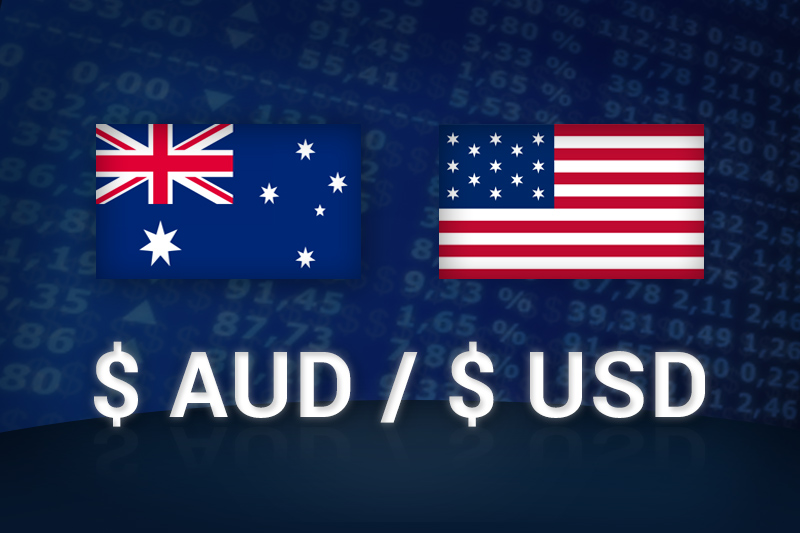Investing.com’s stocks of the week
Investing.com - The Australian dollar traded lower against its U.S. counterpart, brushing off stronger-than-expected producer price data and weakened as part of a global flight from risk to safety on mounting European debt woes.
Talk that China faces building headwinds threatening to cool its growth rates also sent the pair falling.
In Asian trading on Monday, AUD/USD hit 1.0311, down 0.65%, up from a session low of 1.0306 and off from a high of 1.0340.
The pair was likely to test support at 1.0289, the low from July 18, and resistance at 1.0373, the high on July 18.
The Australian Bureau of Statistics reported Monday the country's producer price inflation rose a seasonally adjusted 0.5% in the second quarter, up from a contraction of 0.3% in the preceding quarter.
Analysts had expected producer price inflation to rise 0.3% in the last quarter.
Such news would otherwise be bullish for the Australian dollar, though investors blew off the numbers and snapped up U.S. dollar and yen positions.
A Chinese central banker warned growth could cool to 7.4% in the third quarter, down from 7.6% in the second quarter.
Fears that Greece will miss debt targets and lose access to bailout money further fueled demand for greenbacks over the Australian currency.
Representatives from the European Commission, the European Central Bank and the International Monetary Fund are due to arrive in Greece to discuss the country's steps to narrow its debt-to-GDP target to 120% by 2020.
Concerns are brewing the country is already on track to miss that target and risks seeing the flow of bailout money come to a halt, which could prompt the country to default and precipitate its exit from the currency zone.
German Vice Chancellor Philipp Roesler reiterated over the weekend Greece must adhere to austerity measures in exchange for bailout money.
Der Spiegel magazine, meanwhile, reported that the International Monetary Fund may be unwilling to participate in further bailout payments over Greece's inability to meet certain debt-reduction targets, citing unnamed sources.
Fears Spain will need a bailout pushed the pair lower.
The Australian dollar, meanwhile was up against the euro and down against the yen, with EUR/AUD up 0.23% at 1.744 and AUD/JPY down 1.06% at 80.58.
Talk that China faces building headwinds threatening to cool its growth rates also sent the pair falling.
In Asian trading on Monday, AUD/USD hit 1.0311, down 0.65%, up from a session low of 1.0306 and off from a high of 1.0340.
The pair was likely to test support at 1.0289, the low from July 18, and resistance at 1.0373, the high on July 18.
The Australian Bureau of Statistics reported Monday the country's producer price inflation rose a seasonally adjusted 0.5% in the second quarter, up from a contraction of 0.3% in the preceding quarter.
Analysts had expected producer price inflation to rise 0.3% in the last quarter.
Such news would otherwise be bullish for the Australian dollar, though investors blew off the numbers and snapped up U.S. dollar and yen positions.
A Chinese central banker warned growth could cool to 7.4% in the third quarter, down from 7.6% in the second quarter.
Fears that Greece will miss debt targets and lose access to bailout money further fueled demand for greenbacks over the Australian currency.
Representatives from the European Commission, the European Central Bank and the International Monetary Fund are due to arrive in Greece to discuss the country's steps to narrow its debt-to-GDP target to 120% by 2020.
Concerns are brewing the country is already on track to miss that target and risks seeing the flow of bailout money come to a halt, which could prompt the country to default and precipitate its exit from the currency zone.
German Vice Chancellor Philipp Roesler reiterated over the weekend Greece must adhere to austerity measures in exchange for bailout money.
Der Spiegel magazine, meanwhile, reported that the International Monetary Fund may be unwilling to participate in further bailout payments over Greece's inability to meet certain debt-reduction targets, citing unnamed sources.
Fears Spain will need a bailout pushed the pair lower.
The Australian dollar, meanwhile was up against the euro and down against the yen, with EUR/AUD up 0.23% at 1.744 and AUD/JPY down 1.06% at 80.58.
